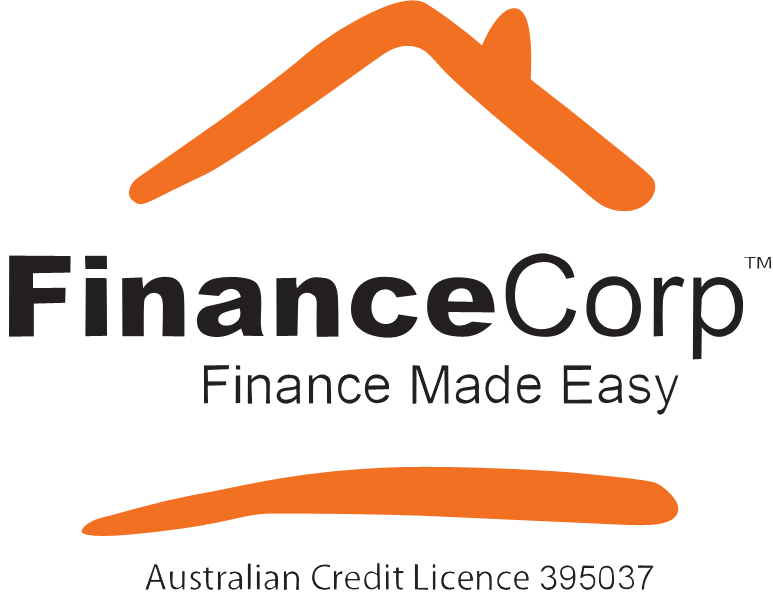Launching a business and exploring new markets is always one of the most exciting parts of bringing your ideas to life. However, predicting the financial costs that will pop up along the way may be incredibly difficult. Growing your business often means spending, including hiring more staff members, moving to a larger office, and other important activities that will help you expand. Whatever the reason, you’ll need to take out finance at some point to keep your company competitive.
One of these reasons is investing in equipment finance, which equips you with the budget needed to buy new equipment that streamlines processes and helps everything run smoothly. Start-ups often need equipment right away before even officially opening for business, frequently adding a significant financial strain to their already tight budget.
Here’s a brief breakdown of what Australian businesses need to know about equipment financing:
What is Equipment Financing?
Equipment financing involves taking out a loan specifically to purchase equipment for your company. This loan involves periodic payments over a specific period. After paying the loan’s total amount, you can either own it, return it to the lender, or purchase it entirely. You’ll have many different equipment financing types to choose from, which all work in different ways to help borrowers access the equipment they need for their business.
You can take out a loan to finance many types of equipment, like medical equipment, energy equipment, computers, vehicles, restaurant-grade ovens, and even photocopiers. You can also talk to lenders to determine if you can take out a loan to fund a certain kind of equipment.
What are the Types of Equipment Financing?
There are four types of equipment financing you can take advantage of when buying machines for your business. They each work differently to offer you a loan and determine whether you’ll own the equipment.
The first type is the finance lease, in which the lender purchases the needed equipment and leases it to your company. You can then rent it and pay over a specific period. Once the lease is over, you can choose to return the equipment or purchase it at an agreed price.
The second type is an operating lease, in which the lender owns the equipment and rents it to your business. However, you won’t have the option to buy or own the equipment after the lease is over.
The third type is Chattel Mortgage, allowing you to own the equipment immediately as long as you pay for it over time. The lender takes a mortgage on the equipment and will own it if you default on the payment.
The last type is the consumer hire purchase. In this loan, the lender purchases the equipment and rents it to your business. While you’re paying the loan, the lender retains ownership; however, you take ownership after you pay it off.
Choosing the Best Equipment Finance Loan for You
The kind of loan you’ll need for equipment financing highly depends on the nature of the device or machine you’re considering for your business. For example, equipment that becomes obsolete quickly, like computers, work best with an operating lease since it goes back to the lender. However, if you’re hoping to buy equipment essential to your business, like stoves or ovens, you may want to consider buying it right away, so you take immediate ownership.
Conclusion
If you’re still unsure about the right kind of equipment financing loan to take, it’s best to speak with professionals. They can help you assess your situation, analyse the equipment you need, and recommend the best loans to take. Having the right equipment often spells the difference between success and stagnation for your business, making equipment financing a worthy investment.
FinanceCorp is a mortgage lender in Australia aiming to make finance easy. All of the Finance Managers at FinanceCorp are fully qualified, trained and experienced mortgage professionals who live and breathe finance. When you need help with commercial loans or equipment financing, we’re the ones to call. Contact us today to find out more about how we can help you!
